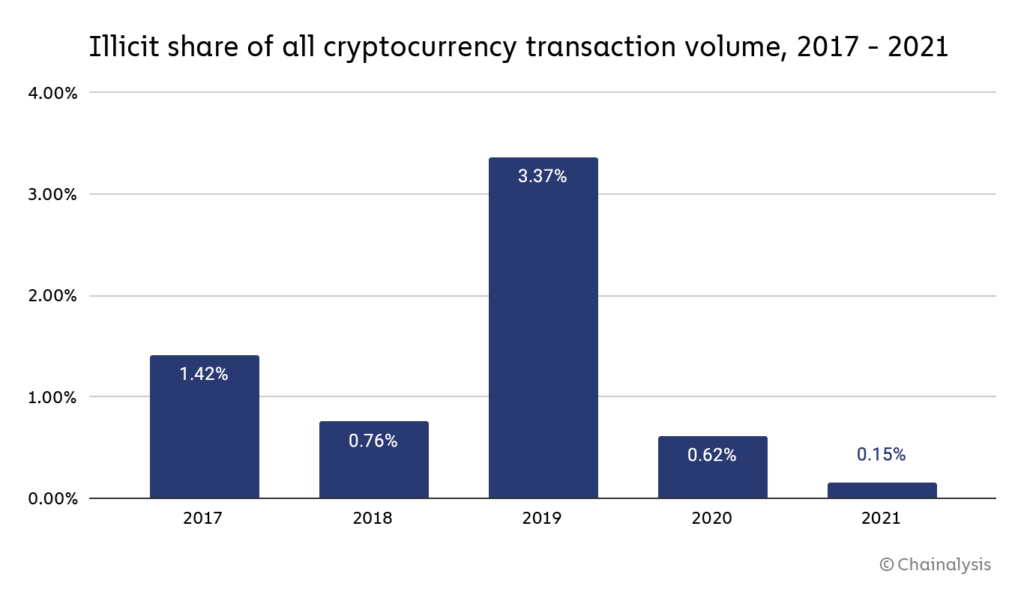Indian Finance Minister Nirmala Sitharaman in her address to the International Monetary Fund called for a global cryptocurrency framework to keep a check on the use of cryptocurrencies for illicit activities.
LIVE NOW: A panel discussion on the policy challenges and opportunities of #DigitalMoney to the international monetary system. #CBDC https://t.co/JznM8apoGt
— IMFLive (@IMFLive) April 18, 2022
Sithraman’s comments came during the “Money at a Crossroad” panel discussion of the International Monetary Fund (IMF), and the World Bank in Washington on Monday. The panel discussion also featured Kristalina Georgieva, managing director at the IMF, Roberto Campos Neto, president of the Central Bank of Brazil, and Ravi Menon, managing director of the Monetary Authority of Singapore.
The Indian minister called upon the support of world leaders to come together and formulate comprehensive crypto regulations to mitigate terror financing and money laundering risks
“I think regulation using technology is the only answer. Regulation using technology will have to be so adept, that it has to be not behind the curve, but be sure that it is on the top of it. And that’s not possible. If any one country thinks that it can handle it. It has to be across the board.”
During her address, Sithraman also raised concerns over unhosted crypto wallets being used for international remittances and how it could prove to be a major risk in assessing the flow of money outside a nation.
Related: Coinbase suspends crypto payment services days after India launch
Amid Sithraman’s call for a global crypto framework, back home, Indian entrepreneurs have been demanding crypto regulations for nearly four years now. Despite this, the Indian government has introduced a highly controversial 30% crypto tax law without offering any clarity on the future of crypto in the country. This regressive tax law has reportedly forced several crypto startups and entrepreneurs to look for more favorable jurisdictions outside India.
While politicians around the globe keep making claims about the use of crypto for illicit activities, a Chainalysis report found that the use of crypto for illegal activities has been on a constant decline, as it is far more complex to launder or transfer illegal funds and easier to track those funds when compared to fiat.


